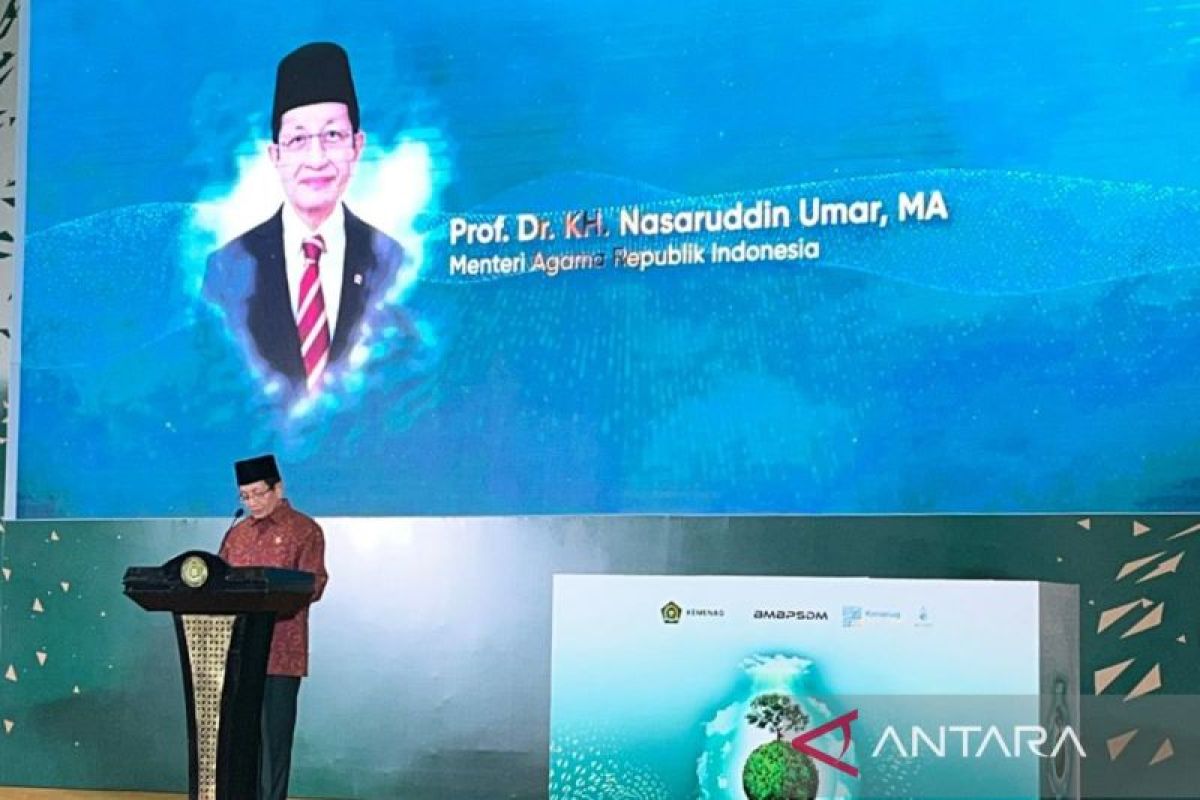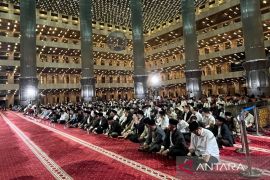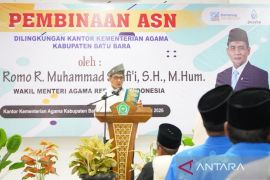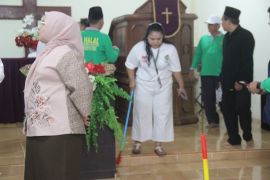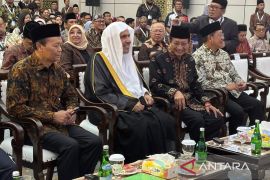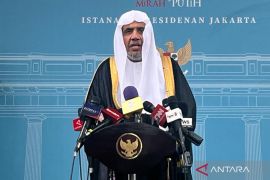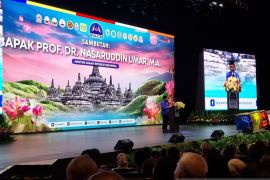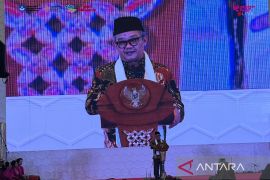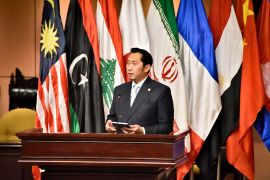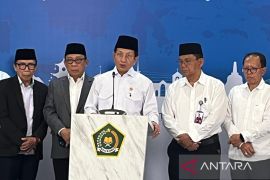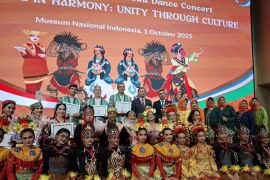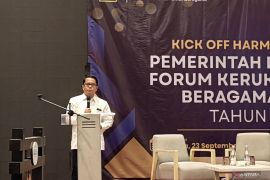He explained that ecotheology focuses on building global awareness around environmental care and preservation, noting that healthier ecosystems ultimately support human well-being.
The minister delivered the remarks at the launch of three ministry-published books — Ecotheology, Roadmap of Religious Moderation, and Trilogy of Harmony — produced by the Agency for Religious Moderation and Human Resource Development.
He said social harmony remains a prerequisite for meaningful progress, adding that development achievements lose their value in the absence of cohesion.
Umar noted that ecotheology and social harmony are interconnected pillars of the ministry’s mission and urged communities to safeguard the cohesion that has been built.
He argued that harmony would be incomplete without a healthy environment, and environmental well-being would be insufficient without social harmony.
He said the government plans to reinforce these values through a new Curriculum of Love, a policy initiative designed to promote constructive, productive and unifying behaviour.
He also reminded the public that Indonesia’s cultural, religious and natural riches must be respected, preserved and enjoyed responsibly.
The minister said the values promoted under ecotheology and the Curriculum of Love would be incorporated into education programmes from kindergarten through university.
He added that both initiatives had attracted attention abroad. During a meeting at the Vatican, he said religious leaders acknowledged the urgency of elevating environmental issues as a global humanitarian concern.
He noted that Pope Leo XIV had underscored the need for humanity to prioritize environmental stewardship, while recent UN statements had similarly highlighted the role of religious discourse in addressing ecological challenges.
Related news: Indonesia to host International Islamic Ecotheology Conference
Related news: ITS develops eco-friendly paving to combat flooding
Translator: Asep, Kenzu
Editor: Rahmad Nasution
Copyright © ANTARA 2025
